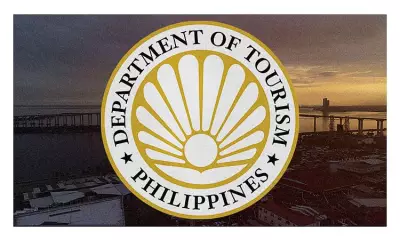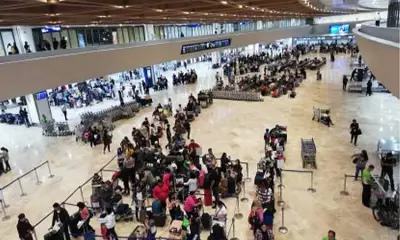
The Department of Science and Technology in Davao Region (DOST-Davao) is spearheading an agricultural revolution that's set to transform farming practices across Southern Philippines. Through cutting-edge solar-powered technologies, the agency is empowering local farmers with sustainable and efficient farming solutions.
Solar Innovation Meets Agricultural Excellence
DOST-Davao's groundbreaking initiative integrates solar power with advanced farming techniques, creating a synergy that addresses both energy costs and agricultural productivity. The solar-powered systems provide reliable electricity for various farm operations, significantly reducing dependence on conventional power sources.
Key Technological Advancements
The program features multiple innovative components designed to optimize farming efficiency:
- Automated Irrigation Systems powered by solar energy, ensuring consistent water supply while minimizing operational costs
- Climate-Controlled Greenhouses that maintain optimal growing conditions regardless of external weather patterns
- Real-time Monitoring Systems that track soil moisture, temperature, and plant health indicators
- Energy-Efficient Processing Equipment for post-harvest activities, powered entirely by renewable energy
Transforming Local Farming Communities
This initiative is particularly impactful for small-scale farmers in the Davao region, who now have access to technology previously available only to large agricultural corporations. The solar-powered solutions not only increase crop yields but also significantly reduce operating expenses, making farming more profitable and sustainable.
Sustainable Agriculture for Future Generations
By combining renewable energy with smart farming practices, DOST-Davao is creating a blueprint for sustainable agriculture that other regions can emulate. The project demonstrates how technology can address food security challenges while promoting environmental conservation.
Economic and Environmental Benefits
The dual focus on sustainability and productivity creates numerous advantages:
- Reduced Carbon Footprint: Solar power eliminates greenhouse gas emissions associated with traditional farming operations
- Lower Operating Costs: Farmers save significantly on electricity and fuel expenses
- Increased Crop Yields: Controlled environments and optimized growing conditions lead to better harvests
- Enhanced Food Security: More reliable production helps stabilize local food supplies
The success of DOST-Davao's smart farming initiative marks a significant step forward in Philippine agriculture, proving that innovation and sustainability can work hand-in-hand to create a brighter future for farming communities.





